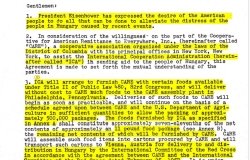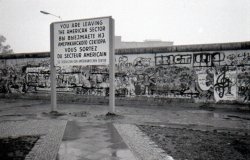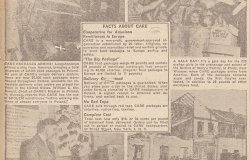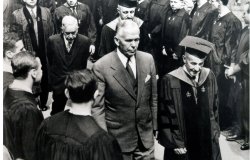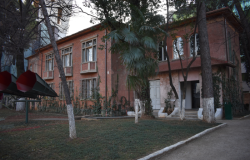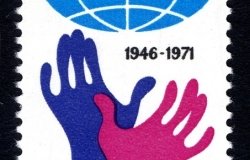Computers and the Cold War
Overview
COCOM was established in 1947 under US leadership as the means for stopping most trade from the West to what became the Sino-Soviet Bloc ranging originally from needles to anchors. In the following decades the ban was narrowed to apply to high technology products including electronic computers. By the 1970s the European partners sought markets in the East for their high technology manufactures such as computers and this paper discusses how the US with its superior computer technology had to a adopt a diplomatic balancing measure in order to hold Britain, in particular, to remain engaged with COCOM by allowing it to export its slower computers to the East while strictly controlling its sale of higher speed computers. The paper draws on material located in the PRO and NARA.
Dr. Frank Cain lectures in Twentieth Century Australian History at the University of New South in Canberra, Australia. His research interests are in the History of the Cold War, Intelligence History and Labor History. His most recent publication is a chapter in Parties Long Estranged: Canada and Australia in the Twentieth Century (MacMillan and McKenzie eds, UBC Press, 2003) comparing the defections of Gouzenko in Canada and Petrov in Australia. He is visiting the National Archives in Washington to continue his researches on the topic of the Control of East/West Trade, more generally known as COCOM, about which he has published several articles in academic journals.
Hosted By

Cold War International History Project
The Cold War International History Project supports the full and prompt release of historical materials by governments on all sides of the Cold War. Through an award winning Digital Archive, the Project allows scholars, journalists, students, and the interested public to reassess the Cold War and its many contemporary legacies. It is part of the Wilson Center's History and Public Policy Program. Read more
Thank you for your interest in this event. Please send any feedback or questions to our Events staff.
